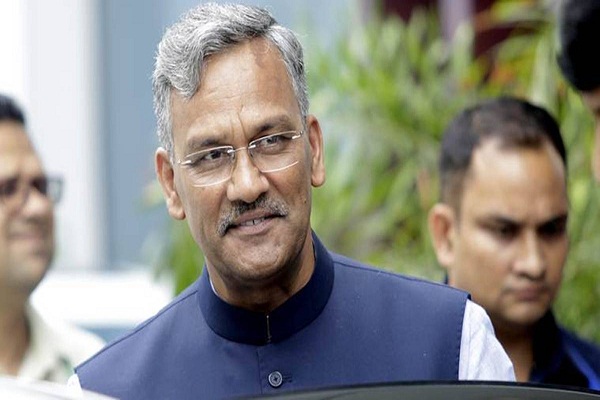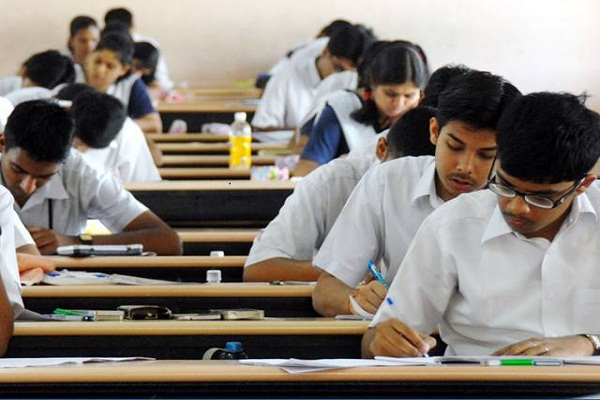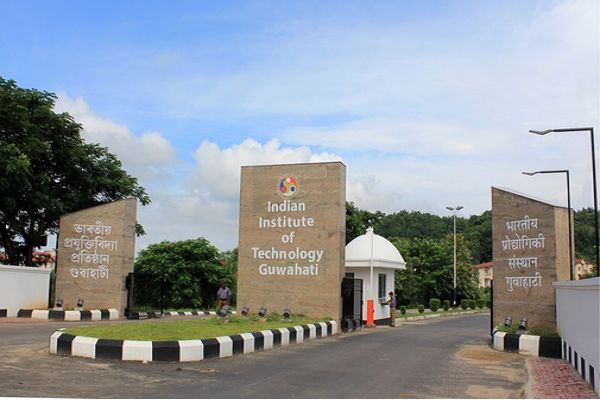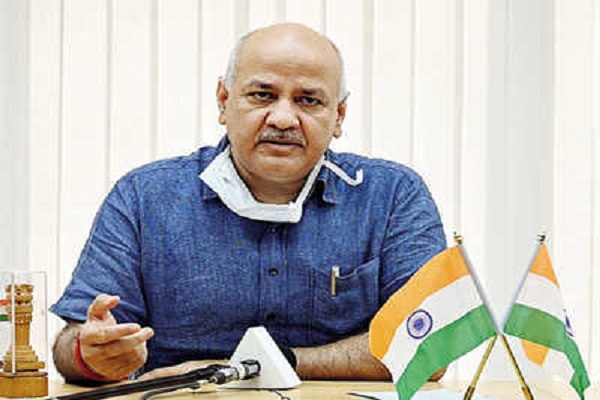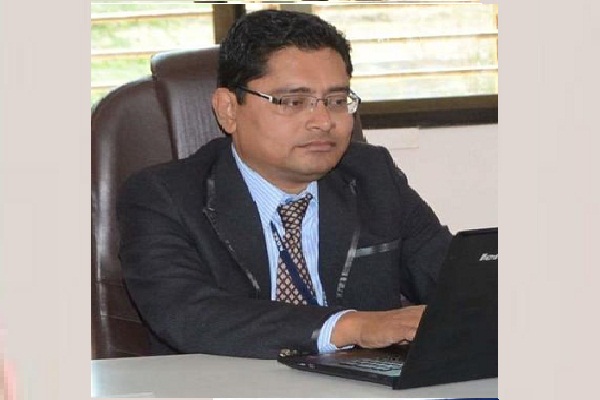To boost the education of students in the Corona pandemic, Uttarakhand Chief Minister Trivendra Singh Rawat launched free high-speed Wi-Fi internet connectivity for all state colleges and universities.
The move will bolster the vision of digital India across the state. All the educational institutions are closed due to the pandemic from mid-March.
Rawat congratulated the people as Uttarakhand became the first state in the country to connect colleges, universities with high-speed internet connectivity.
The CM said “The youth aspires to connect with the whole world and in this direction, the high-Speed internet connectivity will prove to be a boon. Through this facility, students of the state will able to acquire knowledge from great scholars.”
Also read: AP CM launches Jaganna Vidya Kanuka scheme
He said that this is an important step towards Prime Minister Narendra Modi’s vision of Digital India.
He further said that the government is making an effort not only to make youth self-reliant but empower them so that they can give jobs to others.
“The state government is fighting against corruption and in this regard, the secretariat is being connected to e-office. We have to constantly fight against corruption and the Internet can play an important role in the field of transparency,” he added.
The closure of educational institutions are closed which have affected millions of students.







